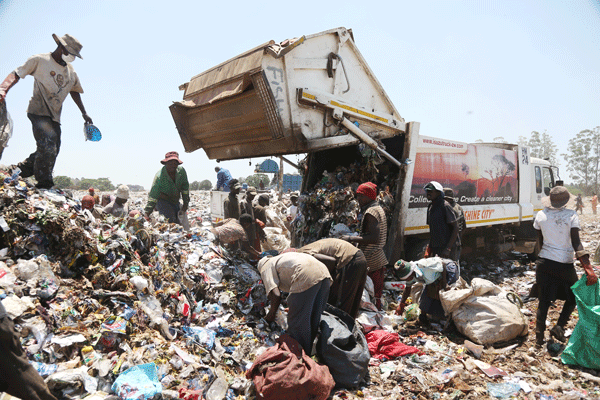Ukraine-Russia conflict exerts pressure on local fuel prices
Zimbabwe has resumed blending of fuel with ethanol, which had been suspended due to challenges around accessibility of cane fields, which supply the ethanol feedstock, during the wet season.
The Zimbabwe Energy Regulatory Authority (Zera) has increased the retail price of fuel in the country as crude oil prices have remained elevated due to supply issues emanating from the Ukraine-Russia conflict.
Zera, in a statement issued on Sunday said, “Prices have been set in accordance with oil price patterns on the international market, which the authority is continuously monitoring.”
The rapid rise in global crude oil prices following global recovery from the Covid-19 pandemic and the supply issues related to the Russia-Ukraine conflict has maintained pressure on domestic prices
Zera has increased the maximum retail price for diesel by 11 US cents to US$1,71 per litre while the petrol price is now pegged at US$1,63 per litre, 4 US cents more than the price in March.
The prices follow a formula that includes all costs, including the fuel import duty and maximum mark-ups for oil importers and dealers.
Last month the Government cut fuel prices by 8 US cents a litre following a tax cut, but prices have risen on global markets swiftly following the big jumps in international prices of crude oil.
In a statement in March, Energy and Power Development Minister, Zhemu Soda, explained the frequent fuel price increases saying they were a result of international developments, which Zimbabwe has no control over.
Minister Soda said, “Over the past few days, fuel prices had risen significantly on the global market in the wake of Russia’s special military operation in Ukraine, which has affected supply trends as the former was the second biggest producer of petroleum products in the world.
Already Saudi Arabia, under pressure from major importing nations, has said it will pump more crude which global markets expect to stabilise crude oil prices, although at the new higher level.
A fuel retailer in Marondera, who requested anonymity said, “The prices at which traders end up selling fuel will be below the cost of replenishing stocks. Since they are businesses that are into profit, when the cost of importing petrol and diesel goes up by as much as 5-10 percent, retailing prices will definitely need to be adjusted.”
Economist Tinevimbo Shava said, “The war in Ukraine is constraining production and international movement of the commodity. It is a precarious situation beyond the government’s control.”
Zera also announced the return to mandatory blending with the authority now saying fuel blending was now at E10. Fuel blending had been suspended due to difficulties accessing cane fields, whose by-products are used to produce ethanol, due to wetlands.
The public and operators are advised that the blending ratio is now at E10.
Operators may sell the petroleum products below the prescribed prices depending on their trading advantages and should display prices in a prominent place as provided for by the fuel pricing regulations.
Green Fuel, and EFCZ, a joint venture investment between the National Oil and Infrastructure Company (Noic) and Triangle Sugar Estates, are the major suppliers of ethanolin the country.
But to date, it has been evident that the two players have been struggling to produce enough ethanol to meet the country’s blending demands.
This saw the country continually reducing the petrol blending ratio from E20 to E5 during the rainy season each year.
Sources say logistical problems emanating from moving ethanol from Chisumbanje to the inland port of Msasa, has led authorities to temporarily suspend mandatory blending.-The Herald








